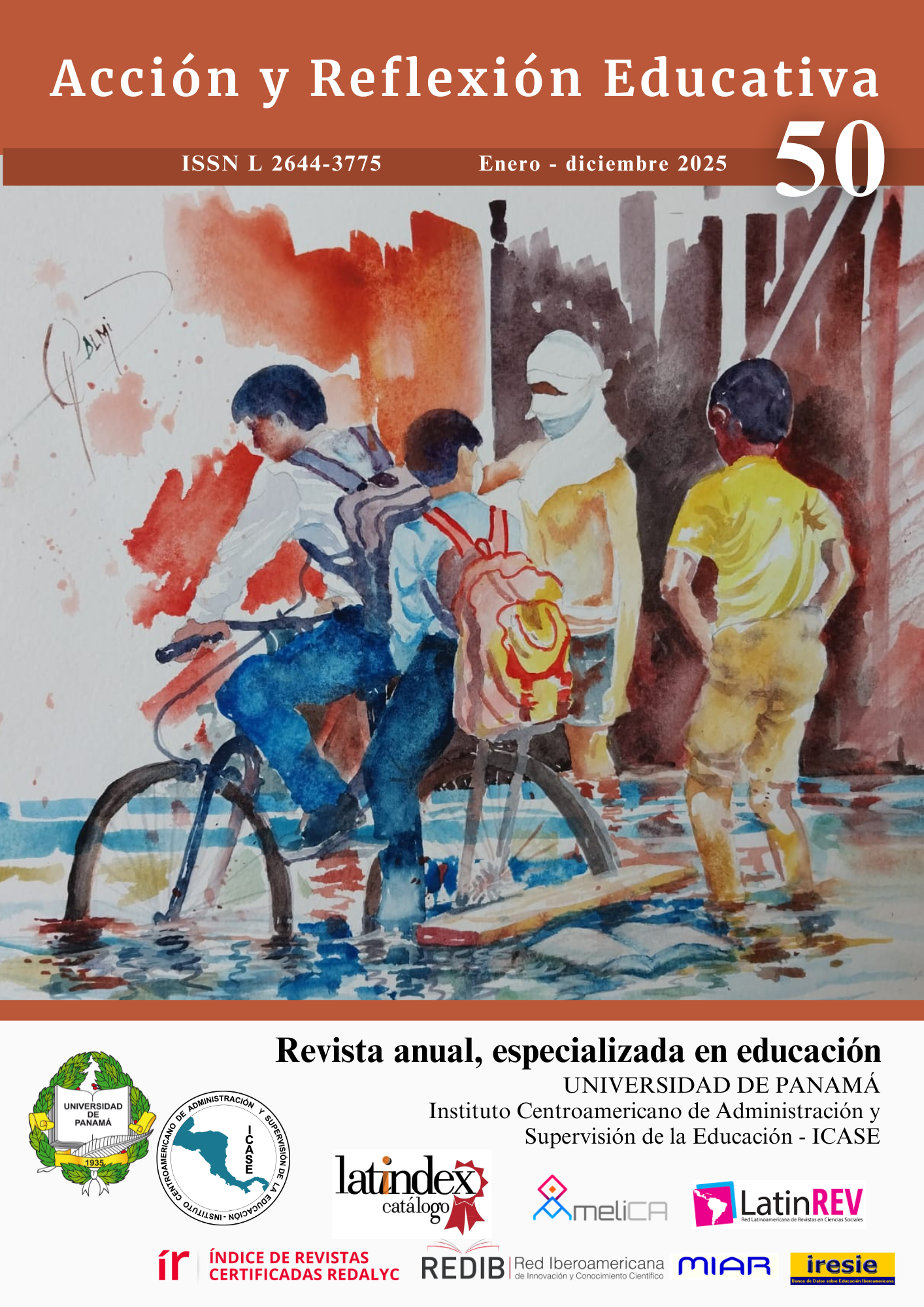

Copyright (c) 2024 Los autores

This work is licensed under a Creative Commons Attribution-NonCommercial-ShareAlike 4.0 International License.
This article explores inclusive mathematics education for students with attention deficit at the secondary education level. The objective is to analyze strategies, challenges, and opportunities to achieve effective inclusion of these students in mathematics education. Through a review of recent literature (2019-2023), current perspectives on attention deficit in mathematics education, teacher training, adapted pedagogical strategies, curricular flexibility, and collaboration between educational actors are examined. The results reveal an evolution towards more humanizing approaches, recognizing these students as capable mathematical thinkers. The critical need for specialized teacher training and the implementation of pedagogical strategies that include technology, playful activities, and multisensory approaches is identified. Curricular flexibility and contextualization emerge as key elements for success. The importance of a collaborative approach involving teachers, families, and institutions is highlighted. Future research should address the effectiveness of specific strategies and explore innovative approaches. It is concluded that truly inclusive mathematics education requires a multifaceted effort that transforms not only pedagogical practices, but also conceptions about learning and the mathematical potential of all students.